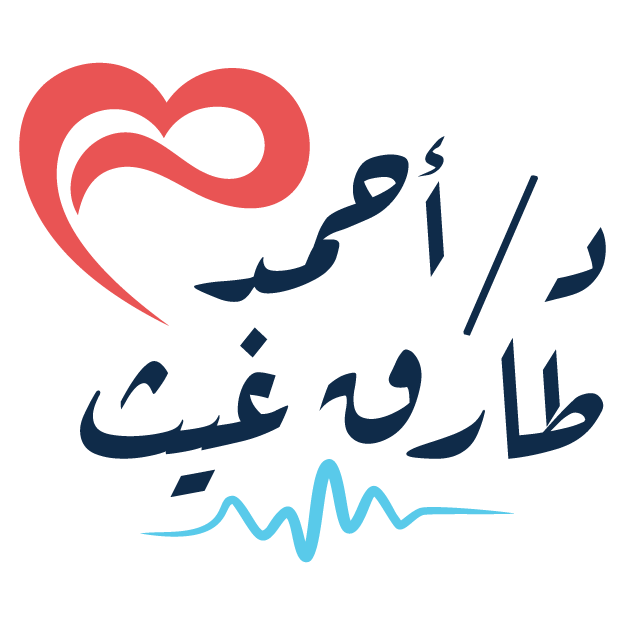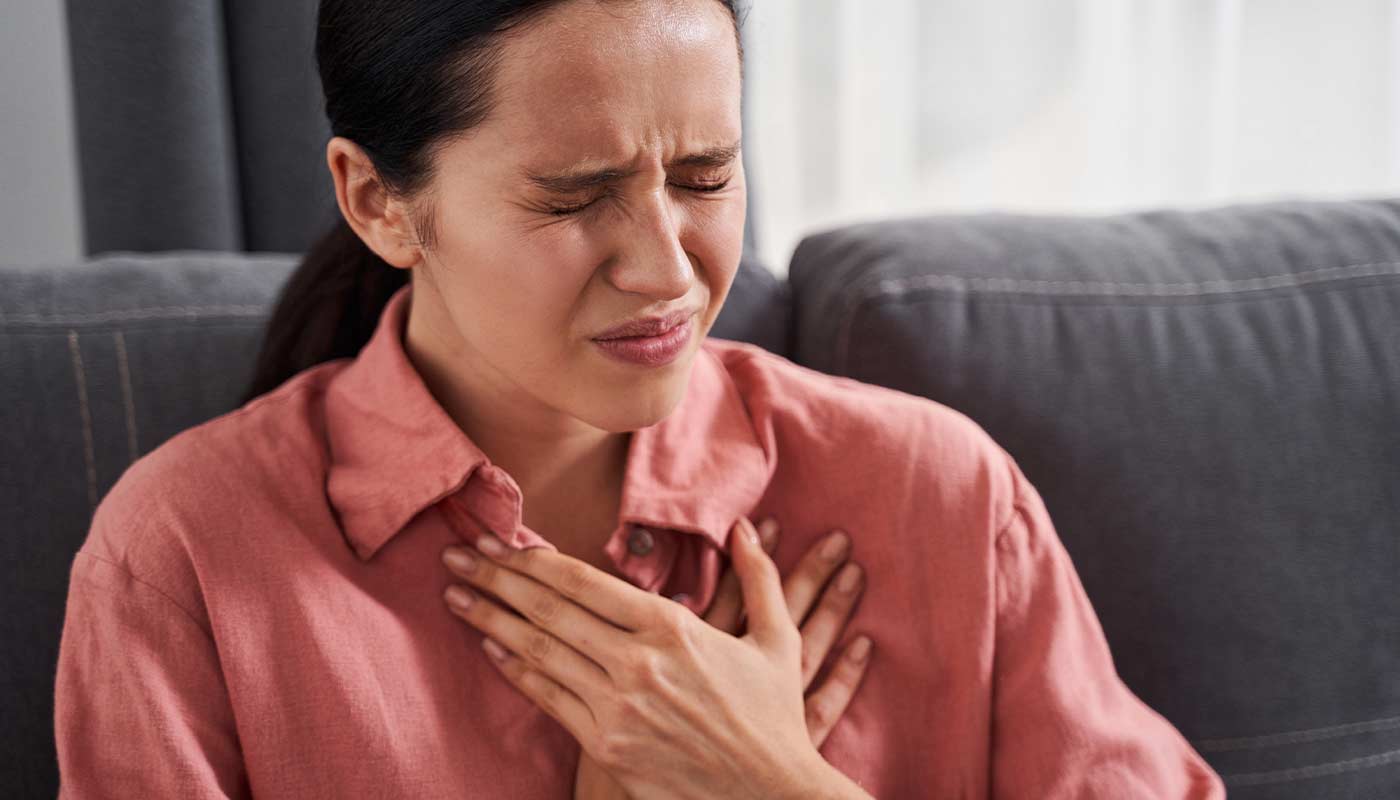Cardiomyopathy refers to any disorder that affects the heart muscle’s ability to pump blood throughout the body. Below is an overview of the main information regarding cardiomyopathy.
Types of Cardiomyopathy
1) Dilated Cardiomyopathy
- The most common type, sometimes referred to as “enlarged heart.”
- Occurs when the heart muscle dilates or becomes enlarged, reducing its ability to pump blood effectively.
- It may be inherited or caused by coronary artery disease.
2) Hypertrophic Cardiomyopathy
- A rare condition, often inherited.
- The walls of the heart thicken, impeding normal blood flow through the heart.
- This thickening can cause the heart to become stiff and increases the risk of electrical problems.
3) Restrictive Cardiomyopathy
- A less common type.
- Occurs when the heart muscle becomes stiff and cannot contract properly, limiting the heart’s ability to fill with blood.
4) Arrhythmogenic Right Ventricular Cardiomyopathy (ARVC)
- A rare disorder, typically affecting people aged 10 to 50.
- Primarily affects the right ventricle, where muscle tissue is replaced by fat, which can become fibrotic.
- It can lead to heart rhythm problems and, in some cases, may affect the left ventricle as well.
- ARVC is often caused by genetic mutations.
Causes of Cardiomyopathy
Weakness in the heart muscle can result from genetic inheritance or due to one of the following causes:
- Coronary artery disease
- Myocarditis (inflammation of the heart)
- Diabetes
- Autoimmune diseases (e.g., connective tissue diseases)
- High cholesterol levels
- Infections affecting the heart muscle
- Thyroid disorders
- Deficiency of certain vitamins and minerals, such as vitamin B1 (thiamine)
- Muscular dystrophy
- Hemochromatosis (iron overload)
Risk Factors for Cardiomyopathy
Several factors increase the likelihood of developing cardiomyopathy:
- Personal history of heart attacks
- Pregnancy
- Family history of heart failure, cardiomyopathy, or sudden cardiac arrest
- Emotional stress, such as the loss of a loved one
- Obesity
- Undergoing chemotherapy or radiation therapy
Cardiomyopathy Symptoms
Common symptoms associated with cardiomyopathy include:
- Heart palpitations
- Shortness of breath
- Fatigue
- Irregular heart rhythms
- Abdominal swelling from fluid retention
- Dizziness
- Fainting
- Chest pain, especially after exercise or heavy meals
- Swelling in the legs, feet, ankles, or neck veins
Diagnosing Cardiomyopathy
The doctor may recommend several tests to diagnose cardiomyopathy, including:
- Blood tests: Check for iron levels and assess kidney, liver, and thyroid function. A blood test measuring B-type natriuretic peptide (BNP) levels can help detect heart failure, a common complication of cardiomyopathy.
- Chest X-rays: Evaluate the size and shape of the heart and lungs, and detect fluid buildup.
- Echocardiogram: Uses ultrasound to provide live images of the heart and assess its function.
- Electrocardiogram (ECG): Measures the electrical activity of the heart over a brief period.
- Holter monitor: A wearable device that records the heart’s electrical activity continuously over 24 to 48 hours.
- Stress test: Assesses how well the heart functions during physical activity.
- Cardiac catheterization: A thin tube is inserted into an artery or vein and guided to the heart to evaluate its condition and detect blockages.
- Coronary angiography: Involves injecting a dye into the bloodstream to monitor blood flow through the coronary arteries.
Treatment of Cardiomyopathy
The treatment focuses on managing symptoms and preventing further heart muscle damage. Treatment options include:
1) Lifestyle Changes
Adopting healthy habits can help strengthen the heart. These include:
- Regular exercise
- Reducing salt and sugar intake
- Managing stress
- Getting enough sleep
- Weight loss
2) Medications
The doctor may prescribe medications to improve blood flow and manage symptoms, such as:
- Blood thinners
- Cholesterol-lowering drugs
- Corticosteroids
- Aldosterone antagonists to prevent fluid retention
- Blood pressure medications
- Anti-arrhythmic drugs
3) Devices to Improve Blood Flow
Some medical devices may be recommended to enhance heart function, such as:
- Left ventricular assist device (LVAD)
- Cardiac resynchronization therapy (CRT): A device that sends electrical impulses to the heart’s ventricles, helping them contract more synchronously.
4) Pacemakers and Defibrillators
In some cases, devices are implanted to regulate heart rhythms:
- Pacemakers
- Implantable cardioverter-defibrillators (ICDs)
5) Surgical Procedures
If symptoms worsen and other treatments fail, the doctor may recommend:
- Open-heart surgery
- Heart transplant, if no other treatment option provides relief
Conclusion
Although there is no definitive cure for cardiomyopathy, managing symptoms through lifestyle changes, medical treatment, and sometimes surgical interventions can help improve quality of life. Regular follow-ups with healthcare providers are essential to monitor the condition and adjust treatment as needed.

